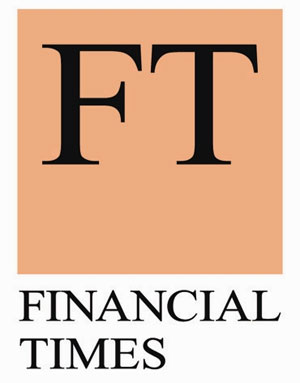Despite all the solidarity with the French magazine, there were writers who held the media outlet responsible for the incident due to its stupidity.
 Despite all the solidarity witnessed during the past few days with the French magazine Charlie Hebdo for the attack that left 12 people killed on Wednesday, there were writers who held the media outlet responsible for the incident due to its stupidity.
Despite all the solidarity witnessed during the past few days with the French magazine Charlie Hebdo for the attack that left 12 people killed on Wednesday, there were writers who held the media outlet responsible for the incident due to its stupidity.
According to a columnist at the Financial Times, the French magazine was "stupid" for daring to insult Muslims. In a column posted on the same day of the event, Tony Barber wrote that the magazine exercised "editorial foolishness."
"If the magazine stops just short of outright insults, it is nevertheless not the most convincing champion of the principle of freedom of speech," he went on to say.
Of course, "this is not in the slightest to condone the murderers... it is merely to say that some common sense would be useful at publications... which purport to strike a blow for freedom when they provoke Muslims, but are actually just being stupid," he added.
The author argued that the French newspaper enjoys a wide record of cynicism and anger against Muslims, for instance, it published two years ago a book of 65 pages containing cynical cartoons about the life of the Prophet Mohammad (may Allah bless him and his family).
"Charlie Hebdo has a long record of mocking, baiting and needling French Muslims," Barber wrote, pointing a finger at the paper for inciting the violence. "France is the land of Voltaire, but too often editorial foolishness has prevailed at Charlie Hebdo."
Barber noted that he highly understands the "emotions" which dominated the people in France, pointing out that Wednesday's attack would have repercussions on the political climate and will serve -in particular- the interest of Marine Le Pen and her party's far-right national Front.
Other newspapers and websites circulated Barber's article and posted some of its paragraphs. Moreover, the U.S. The Huffington Post daily said the article already accrued more than 500 comments at Financial Times, however, many of them critical.
